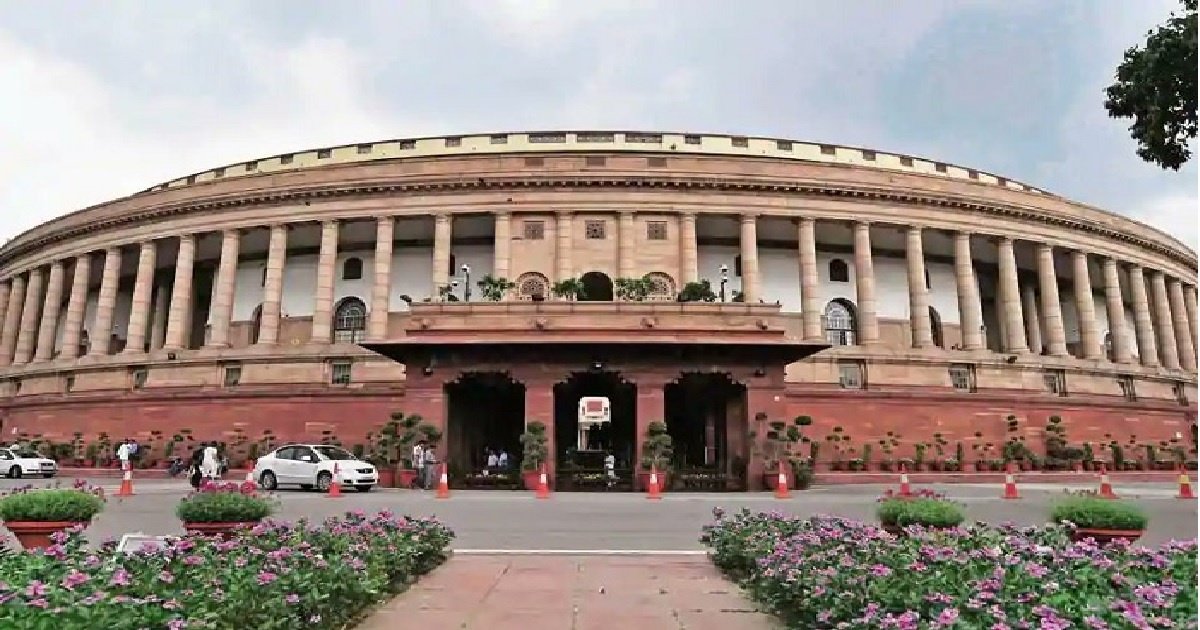
The Lok Sabha passed the Transgender Persons (Protection of Rights) Bill 2019 by a voice vote. The Transgender Persons Bill provides a mechanism for social, economic and educational empowerment of transgenders and was passed amid noisy protests by some Opposition parties over Congress leader Adhir Ranjan Chowdhury not being allowed to speak on his adjournment notice. The protesters came into the well of the House and shouted slogans demanding that Prime Minister Narendra Modi make a statement about the Kashmir issue in the Lower House.
Daily Current Affairs Quiz 2019
Meanwhile replying to suggestions and queries on the Transgender Persons (Protection of Rights) Bill 2019, Minister of State for Social Justice Rattan Lal Kataria said the Bill makes provision for establishing a national authority for safeguarding rights of transgenders.
“According to the 2011 Census there are more than 4.80 lakh transgenders in the country. These people are often discriminated upon and humiliated in public for being transgender. The Bill also has provisions for penalty and punishment in cases of offences and sexual harassment against transgender persons,” he said.
According to the Transgender Persons Bill, a transgender is a person whose gender does not match with the gender assigned to that person at birth and includes trans-man or trans-woman (whether or not such person has undergone sex reassignment surgery or hormone therapy or laser therapy or such other therapy), person with inter-sex variations, gender-queer and person having such socio-cultural identities as ‘kinner’, ‘hijra’, ‘aravani’ and ‘jogta’.
Going by the Bill, a person would have the right to choose to be identified as a man, woman or transgender, irrespective of sex reassignment surgery and hormonal therapy. It also requires transgender persons to go through a district magistrate and district screening committee to get certified as a transperson. A contentious provision that criminalised begging by transgender people has been removed from the Bill. The provision was part of the Bill when it was introduced by the previous government. The Bill had lapsed.





